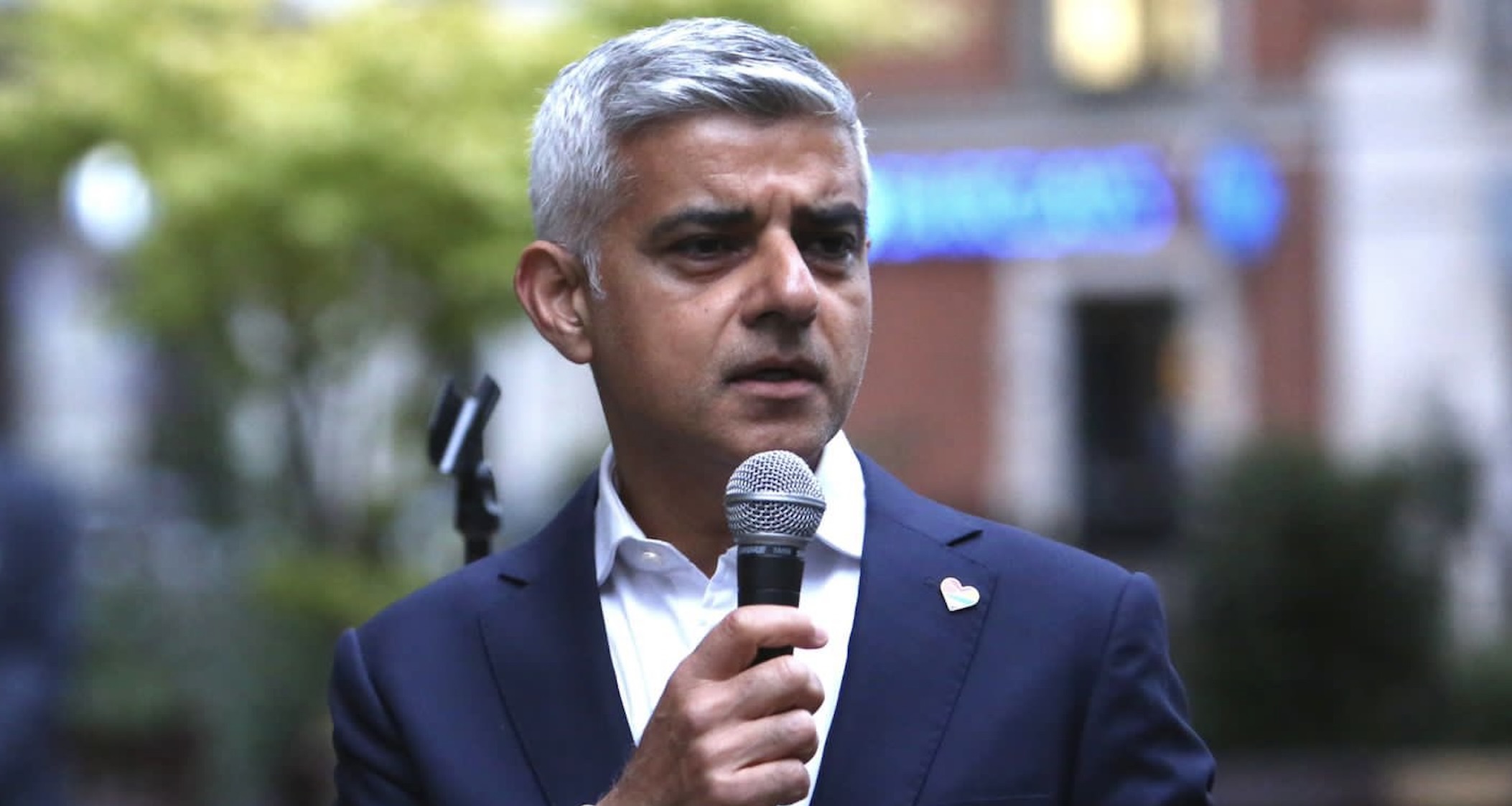Sadiq Khan on World Aids Day: ‘It’s not mission accomplished’
Exclusive: "It's really important, particularly on World Aids Day, we remember and honour all those who have been lost to HIV and Aids-related illnesses"

The Mayor of London, Sadiq Khan, has said “it’s not mission accomplished” when it comes to tackling HIV and Aids.
Mr Khan was speaking to Attitude on World Aids Day (Friday 1 December) as he announced £130,000 of funding for London’s first permanent HIV/Aids memorial.
While details remain scarce on the memorial and the commissioning of artists is underway, Khan told Attitude it would be located in Camden, near the UK’s first dedicated HIV hospital ward.
“It’s really important, particularly on World Aids Day, we remember and honour all those who have been lost to HIV and Aids-related illnesses,” Khan said on Friday. He then added: “It’s not mission accomplished. We lost too many people because of HIV. But there’s still too much stigma in the community.”
“That wouldn’t have happened 30 years ago. 20,000 people watching Madonna talk about [HIV/Aids]”
Looking ahead to the goal of no new HIV transmissions by 2030, Khan recognised “it’s only going to happen if we talk about it, or we can get rid of the stigma and discrimination.” To that effect he’s signed a HIV Confident Charter, aimed at tackling stigma and discrimination in the workplace.
“We want to be a beacon as a city, but also I want other employers to have proactive policies to ensure that those with HIV can access services, access jobs, and feel included in society, without fear of discrimination. We can’t be complacent. We’ve seen around the world, complacency leads to progress regressing.”
Khan also called on those outside of the LGBTQ+ community to “take action” in tackling HIV/Aids stigma.
“The memorial is not going to be the silver bullet. I want people who will pass the memorial to ask questions. How many know that HIV is not a death sentence? You can have a long life with the drugs available.”
Khan is “hopeful” that measures like the Charter will tackle HIV stigma. It’s something he remembers observing growing up with people “snickering” at Freddie Mercury. Thankfully, “that’s changed,” he then said. This he attributed to younger generations as well as people like Madonna for her continued activism on the matter.
“That wouldn’t have happened 30 years ago. 20,000 people watching Madonna talk about [HIV/Aids], and that’s really important. That’s why I’m hopeful. It’s now out in the open, rather than being hidden away.”
